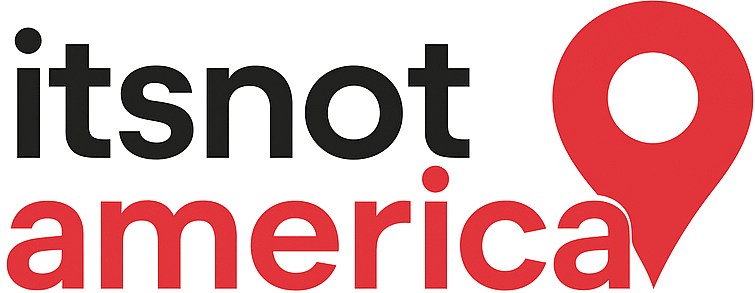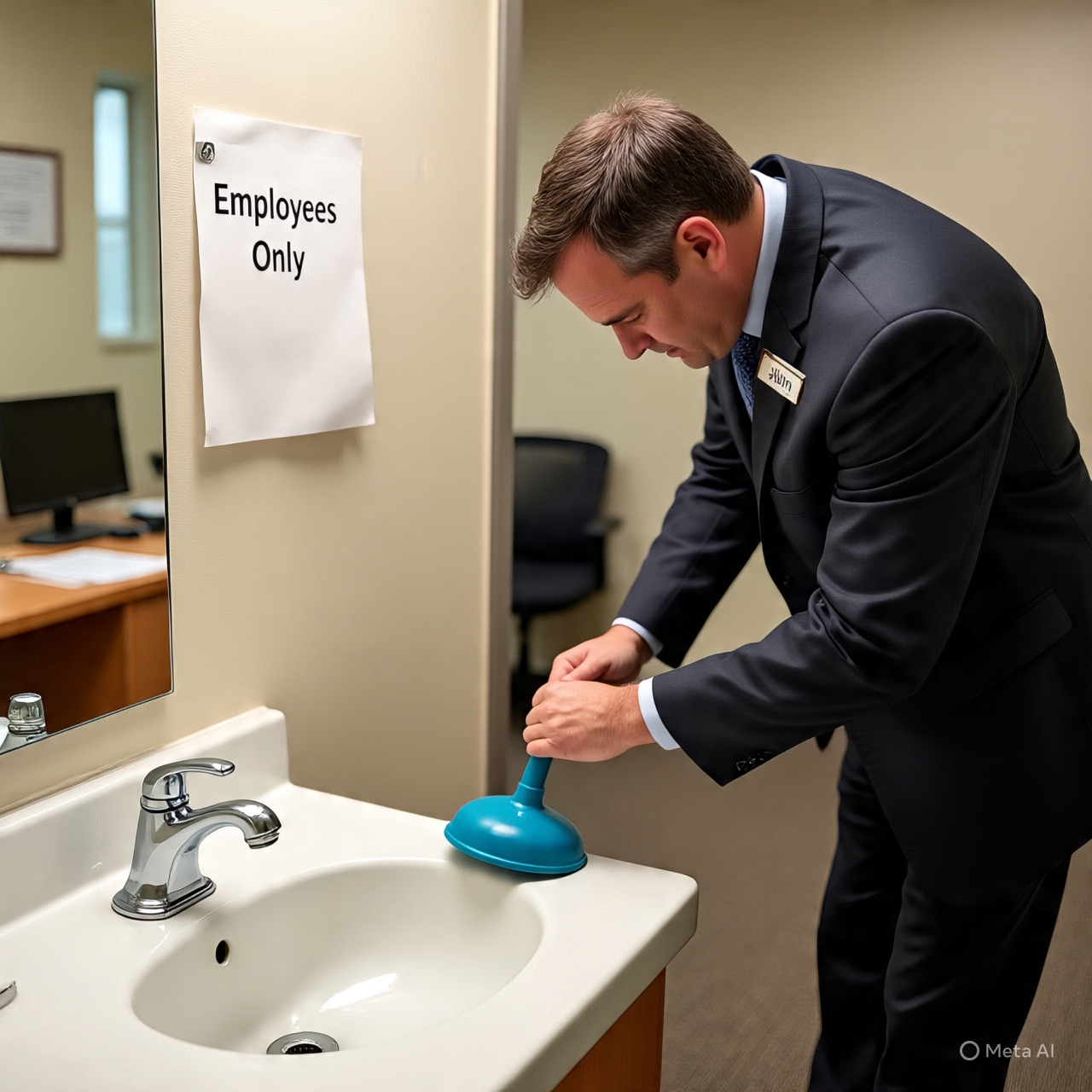How Clogged Drains Can Affect Businesses and Homes Differently
Clogged drains are more than a nuisance—they are disruptions that can create consequences both in homes and in businesses. While the problem may look the same on the surface, the impact differs greatly depending on whether it occurs in a household or a commercial property. Homes face inconveniences and disruptions to daily comfort, while businesses must contend with financial losses, reputational risks, and possible compliance issues. We will explore how clogged drains affect these two environments differently, why the outcomes vary, and why understanding the contrast is essential for both property owners and business managers.
Key Differences in How Clogged Drains Affect Homes and Businesses
-
Impact on Daily Routines vs. Impact on Operations
In homes, a clogged drain primarily disrupts personal routines. A blocked kitchen sink might delay meal preparation, while a clogged shower drain can make morning routines stressful. Although these inconveniences may not immediately result in financial loss, they create discomfort, frustration, and potential hygiene concerns if left unresolved. For families, these delays add stress to already busy lives. In contrast, businesses experience clogged drains in a very different way.
For restaurants, hotels, or retail shops, a drain issue can halt daily operations altogether. Imagine a restaurant forced to close its kitchen for several hours—or even days—due to a drainage backup. The direct consequence is lost revenue, but the indirect consequence is also significant: staff downtime, customer dissatisfaction, and potential long-term damage to brand image. While a homeowner can adjust by temporarily using another sink or bathroom, businesses often do not have such flexibility, and downtime translates directly into measurable financial loss. In such cases, turning to top-rated Portland OR plumbers becomes essential to minimize downtime and restore operations quickly.
-
Financial Consequences in Both Settings
The financial implications of clogged drains are starkly different when comparing homes and businesses. For households, repair costs are usually limited to service fees, replacement parts, and perhaps additional cleaning if water damage occurs. While this can still feel significant for a family’s budget, the expenses are generally contained. Businesses, however, face far-reaching financial consequences. A single clogged drain in a busy establishment like a hotel can affect multiple guests, requiring refunds, discounts, or complimentary services to maintain goodwill. Restaurants risk food spoilage if dishwashing stations or prep sinks are out of order, which adds inventory loss on top of repair costs.
Furthermore, businesses may be required to comply with strict health codes, meaning that unresolved drain issues could lead to fines or even forced closures. The financial burden in commercial environments extends beyond the repair itself—it can ripple outward, affecting revenue, compliance, customer trust, and even employee productivity.
-
Health and Safety Concerns at Different Levels
Health risks from clogged drains exist in both homes and businesses, but the scale of concern varies. In a home, a clogged drain can lead to unpleasant odors, bacterial buildup, and potential mold growth if leaks or standing water occur. While concerning, the health risk is usually limited to the household members. On the other hand, in a business—especially food service or healthcare facilities—the risks multiply. A clogged drain in a commercial kitchen can result in contamination of food preparation areas, directly affecting customer safety.
In healthcare environments, drainage issues could compromise sanitary conditions, posing risks to vulnerable patients. Even in offices or retail spaces, standing water from clogged drains can create slip-and-fall hazards, opening the door to liability claims. Businesses must consider not only the immediate health of individuals but also the legal and financial responsibility they bear for providing safe conditions to employees, customers, and clients.
-
Emotional Stress vs. Reputational Damage
For homeowners, clogged drains often bring emotional stress. The inconvenience of losing access to basic facilities like sinks, showers, or toilets can create tension among family members. The disruption of routines, along with the stress of repair costs and cleanup, affects overall comfort and peace of mind. Businesses, however, encounter a different kind of challenge—reputational damage. A single clogged drain that causes foul odors or visible plumbing issues in a restaurant or retail setting can discourage customers and harm public perception.
In industries where trust and image are critical, such as hospitality, healthcare, or dining, even minor visible issues can quickly escalate into negative reviews, damaging online ratings, and future business. While homeowners mostly deal with private inconvenience, businesses must worry about public perception and the long-term consequences of even temporary drainage problems.
-
Solutions and Preventive Measures
Addressing clogged drains in homes often involves simple, localized solutions such as drain snakes, plungers, or calling a plumber for routine repairs. Prevention may include avoiding grease buildup, hair accumulation, or improper disposal of waste. Families can usually manage these preventive steps with consistent household practices. Businesses, on the other hand, must take a more systematic approach. Routine professional inspections, scheduled drain cleaning, and installation of grease traps or industrial-grade drainage systems are often necessary.
These preventive measures serve not only for convenience but also to ensure compliance with health regulations and protect business operations. A restaurant that fails to maintain clear drains may face repeated closures, while a hotel risks multiple guest complaints. Therefore, preventive care in businesses is not just about maintaining functionality but about safeguarding financial stability, compliance, and reputation. While both homes and businesses need reliable drainage, the stakes are far higher in the commercial environment, requiring ongoing attention and structured solutions.
Clogged drains affect both homes and businesses, but the consequences are far from identical. In households, the disruption is primarily centered around inconvenience, emotional stress, and occasional repair costs. While these issues can create discomfort, they are generally manageable and private. Businesses, however, face challenges that go far beyond inconvenience. From financial loss and compliance risks to reputational harm, clogged drains can quickly spiral into serious problems that threaten operations and long-term success. By understanding the different ways clogged drains impact homes and businesses, property owners and managers can take the right steps to protect their comfort, finances, and reputations.







